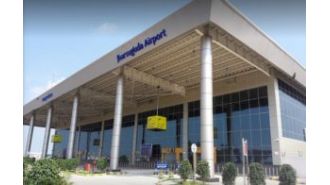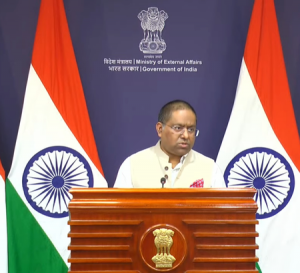Over 360,000 trains faced delays or cancellations in the past year.
Some businesses had worse delays than others.

The end of the year is always a time to reflect on the past and assess how things have gone. And for those who have traveled by train in the UK, this means taking a closer look at the train companies and their performance. The latest figures on train delays and cancellations have been released, and they reveal that over 360,000 train services were either fully or partially cancelled in the past year. This number can be quite infuriating for those who have experienced being stuck on a train or anxiously watching the departure time slip away.
It's no surprise that these delays and cancellations are causing frustration amongst passengers and eroding their trust in the railway system. Campaigners have expressed concern that things may only get worse in the future. As we wait at the train station, we can't help but wonder which train operators are the best and worst when it comes to cancellations. So, let's take a closer look.
The reliability of train services has been greatly affected by major staffing shortages. This has resulted in a total of 208,000 fully or partially cancelled services in the past year, with another 161,000 services failing to reach at least one of their planned stops. According to the latest Office of Rail and Road data, Avanti West Coast takes the top spot for the highest cancellation score at 7.8%. This is followed by CrossCountry, Northern, and Govia Thameslink Railway.
The cancellation score, which is calculated by the rail industry, includes full cancellations as one and part cancellations as half. Overall, 4.0% of the 7.3 million trains in the year have been cancelled, the worst joint reliability performance since records began in 2015. But it's not all bad news. C2C has been named the best performer for cancellations, with a score of 1.6% on its services between London and Essex.
So what's causing all these cancellations? It seems that weekend train services have been hit the hardest, as many operators rely on train drivers or guards working paid overtime on Sundays. This has greatly affected operators such as Great Western Railway, Northern, and ScotRail. The lack of resolution on rail staffing issues has been a major concern for successive governments, as journalist Tony Miles from Modern Railway points out. He believes that poor performance leads to people turning away from trains and relying on roads, which goes against the government's goals. Miles warns that things may only get worse, as there are more retirements than new recruits, creating a ticking time bomb.
The Department for Transport has acknowledged that passengers are being let down by these poor services. They have promised to deliver the biggest overhaul of the railway system in a generation and put passengers at the heart of everything they do. The Campaign for Better Transport has also expressed their disappointment, stating that delays and cancellations only erode passengers' trust in the railways. They believe that investing in both the workforce and infrastructure is crucial to improving reliability across the entire network.
But what do the train operators have to say about all this? The Rail Delivery Group, which represents train operators, acknowledges the importance of reliable and punctual services for passengers. They are working together to address the main causes of delays and cancellations, such as weather, industrial action, infrastructure issues, and train faults. They are also reminding passengers to claim delay repay compensation when eligible. As we move forward, it is clear that a joint effort from the government, train operators, and passengers is needed to improve the reliability of train services in the UK.










